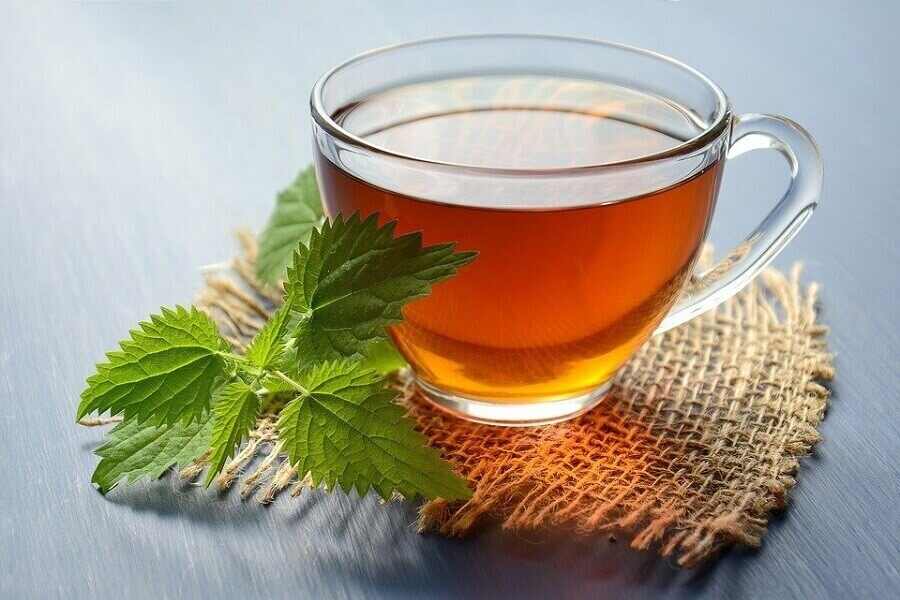Many wonderful properties are attributed to tea. But not all of them have a core of truth. Here, we uncover some of the myths that surround organic tea available in Australia and its companions.
Green, white and black tea come from different plants
All "classic" teas come from the same plant: Camilla Sinensis - also known as "tea plant". Incidentally, this also applies to oolong or Pu-erh tea. The differences arise from fermentation, storage and harvesting.
Green tea is bitter
As with all teas from the tea plant, it all depends on how you prepare your green tea. For example, the brewing time of green tea not only affects the taste but also whether the tea makes you more awake or tired.
Herbal tea does not contain caffeine
Garden herbs such as peppermint, sage and co. do not contain caffeine. However, exotic stimulants can have an even higher proportion of the alkaloid than black tea!
Tea dehydrates
This myth probably stems from the fact that after a few cups of tea you have to go to the toilet faster. Loose-leaf tea can have a diuretic effect, which means the bladder empties faster. But it doesn't have a dehydrating effect.
Tea with a dash of rum helps with colds
A cup of hot tea can be a real treat when you have a cold. Medicinal teas in particular help with the natural powers of medicinal plants such as linden blossom, thyme or peppermint for coughs, sore throats etc. It is better to avoid the shot of rum. Because the alcohol contained in rum can weaken the immune system and also deprive the body of fluid.
Milk in tea makes it unhealthy
From a scientific point of view, there is nothing to suggest that milk could hurt the tea. On the contrary, there is even evidence that milk could promote the absorption of certain healthy components of tea. Of course, this does not apply to people with lactose intolerance or similar intolerances.
Tea doesn't go bad
Although tea does not usually start to go moldy, it loses its aroma and essential oils over time. More information is available in our 1x1 for tea storage!
Green tea melts the pounds
It would be nice, but unfortunately, green tea alone won't make you slim. It gives you a fresh feeling of well-being, but that's not enough to make itself felt on the scales. Nevertheless, tea is of course a wonderful companion for diets or a fasting cure!
Green tea tastes bitter
That's not true! Properly prepared, high-quality green tea rarely tastes bitter. However, the following must be observed for this:
- Low-quality green tea tastes bitter, but high-quality varieties rarely. In top varieties, there are mainly young leaves in which there are fewer tannins.
- Some types of green tea do not tolerate high infusion temperatures. We, therefore, recommend brewing the green tea at 80 degrees.
- The shorter the brewing time, the fewer bitter notes can unfold. Because with a long-brewing time, most of the tannins are dissolved, which gives the tea a bitter note.
Organic tea Australia with milk has the same health effects as tea without milk
Not correct. Milk restricts the absorption of antioxidants in the human body. Because the casein contained in it blocks the effect of the catechins and the positive health effect does not occur. However, we think: Drink the tea the way you like it because enjoyment promotes well-being!
Iced tea cools you down better in summer than warm tea
Not correct. Of course, it is tempting to sip a cool iced tea when the temperature is high. However, even in summer, a warm tea would be preferable from the body's point of view. Because this widens the blood vessels in the stomach and the liquid goes into the blood faster. The body cools down faster and the circulation is spared. Cool drinks, on the other hand, challenge the circulatory system. Iced tea naturally cools you down for a short time.
Green Tea or Black Tea – Which Is Better for Your Body?






